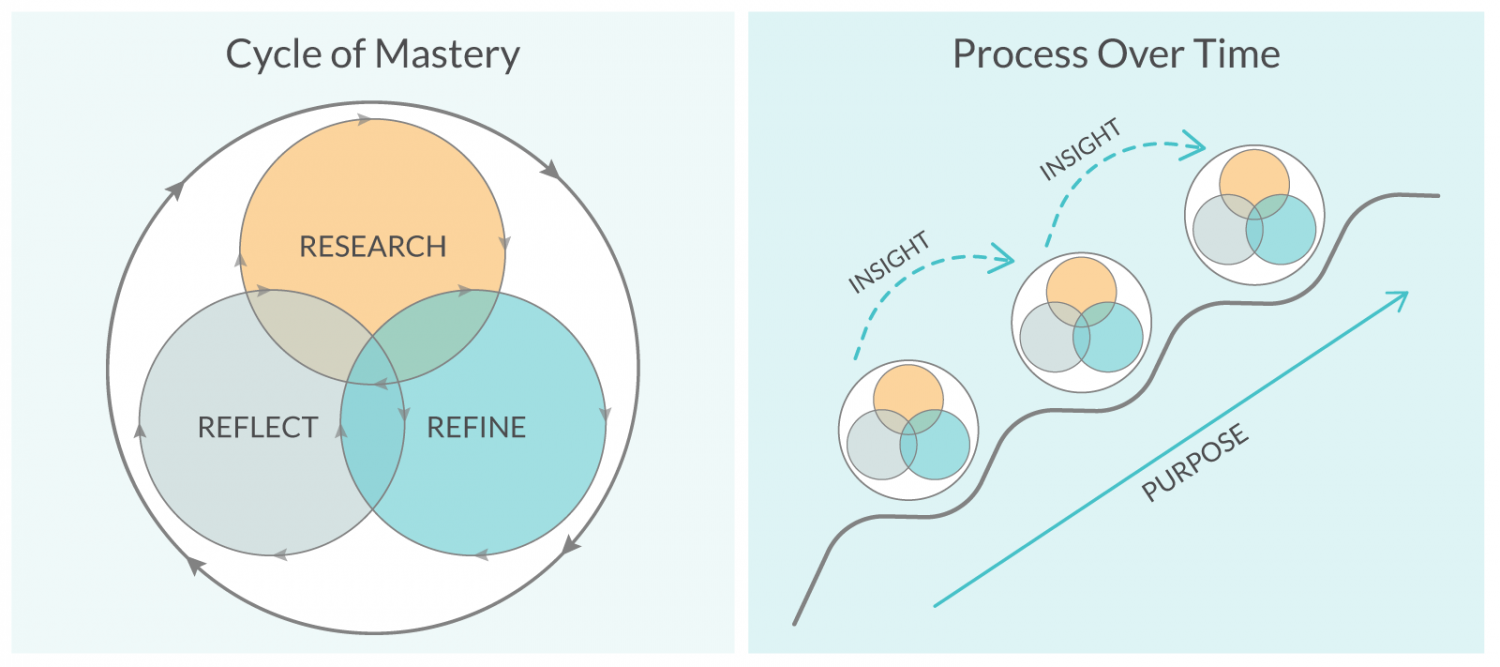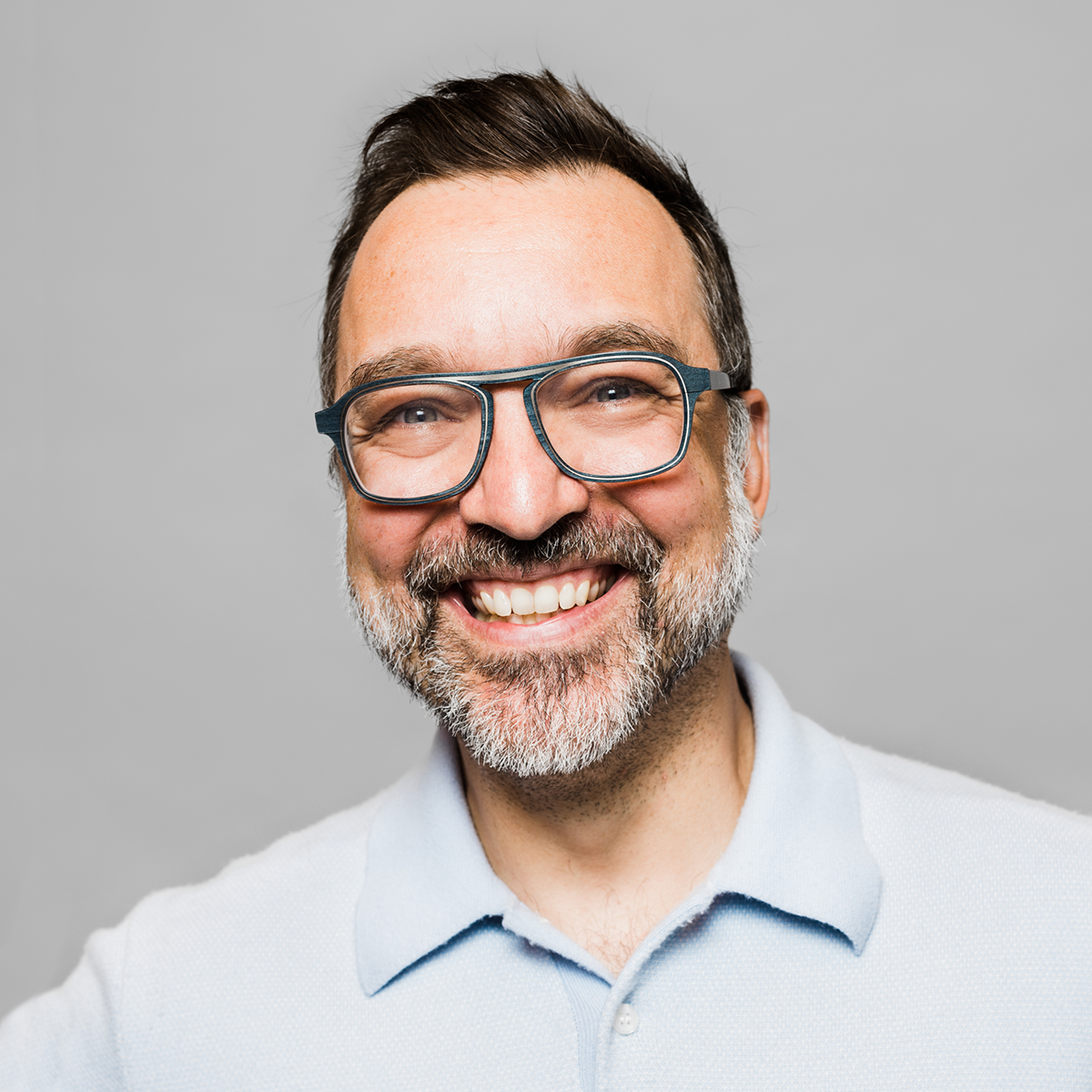We kicked off 2017 with the promise to deconstruct what we believe are the most effective ways to achieve meaningful change. To that end, we have presented series focused on “Collective Creativity” and “The Power of Immersive Experience.” Below we begin our final series “Learning in a Modern Age,” in which we shift our attention to learning and development.
“We are, in my view, faced with an entirely new situation in
education where the goal of education, if we are to survive,
is the facilitation of change and learning…”
—Carl Rogers
Can a group of Tamil-speaking 12 year-olds in a south Indian village teach themselves the biotechnology of DNA replication in English? According to Sugata Mitra’s research, the answer is a resounding YES! Several years ago, Mitra was awarded the TED Prize for his vision of “building a school in the cloud.” Having installed unmanned computers in locations ranging from a slum wall in Delhi to a tree in remote India, Mitra documented children teaching themselves computer, language, and advanced science skills.
Mitra’s conclusion: we can level the learning playing field by providing any group of children a computer and internet access plus three ingredients: encouragement, space to self-organize, and a wondrous question—How did the world begin? How will it end? What happens to the air we breathe? It is this last ingredient which propels them on the journey of discovery. As Mitra puts it, “the teacher only raises the question and then stands back and admires the answer.”
I’ve long thought of my role as that of a facilitator of change, rather than a consultant who instructs. And so of course I was struck by the fact that Mitra’s research too redefines the role of the teacher from instructor to facilitator. The emphasis shifts from imparting knowledge to creating better learners who change and grow themselves. With most content just a click away, this notion has become increasingly popular (e.g., the Khan Academy), but its not new. Even in the 1950’s, psychologist Carl Rogers recognized that in a changing world (which has only accelerated since his day!) facilitating the ability to learn and adapt is paramount.
After two decades of working with organizational leaders to foster learning and development in their organizations, I can confirm the wisdom in Mitra’s conclusions: teams learn best when given the space to own and organize their learning process. And, like Mitra’s “students”, members of organizations are motivated to learn when presented with meaningful questions that relate to the broader context of an organizational challenge.
In addition, my research and experience convince me that leaders can create true learners only when they master and propagate three interconnected capabilities: the ability to 1) research, 2) reflect, and 3) refine behaviors and systems. Taken together, these capabilities create a “Cycle of Mastery” which when purposefully directed can lead to an advanced understanding of any topic. Consider the continual dialogue between each of these three capabilities as the engine propelling the learner forward.

The Cycle of Mastery
Ability to Research
Effective research involves skilled experimentation.
Of course your inquiry must begin by honing in on those areas of discovery most likely to yield valuable returns. But then your objective must be to facilitate maximal free-range exploration. A friend of mine calls this “purposeful meandering.” This only occurs when leaders create spaces in which people can suspend judgment, take risks, and enter into a state of play. As Harvard Professor Doris Sommer demonstrates, it is through play that we “engage all of our apparently opposing faculties of passion and reason into an energy that can create new things, new concepts, and new interventions.”
I’ve found that techniques such as Hal Gregorson’s catalytic questioning, which leverages uncensored question brainstorming, can catalyze the state of play and jump start a process of research-as-exploration. Marry this approach with a range of interactive forms of dialogue, self-synthesis and guided reading to focus minds and unlock the insights that propel great discovery.
Ability to Reflect
Skilled reflection affords the opportunity to make personal connections to ideas, while simultaneously deepening the sense of collective ownership over the content.
As leaders we can offer tools and environments that structure and enhance the processes of reflection. We can guide our team members to be the skilled learners who synthesize and interrogate the knowledge they gain to produce insights and greater awareness of themselves and their surroundings. We can encourage our team to ask the question, “so what does all of this learning mean for me, for my organization, and for the systems in which we operate?”
And we can provide a well facilitated dialogue that allows varied interpretations and viewpoints to collide. Such variation results in the emergence of new and different ideas; the profusion of which leads not to confusion but to deeper forms of clarity and discovery.*
Ability to Refine
Skilled learning leads to refined practice; refined practice refines skilled learning—and repeat.
Refinement is the third and final phase in the cycle of mastery. The process of refinement is premised upon the ongoing processes of research and reflection, but launches us beyond these domains and into the realm of practice. Practice refers not to one-off implementation nor hands-on research; it entails establishing the systems and processes to support ongoing changes in behavior. It is only through practice that we truly internalize the new, hard won insights gained through research and reflection. To ensure the benefits of this full cycle of learning, organizational leaders must look beyond output. We must attend to facilitating shifts in the underlying individual and organizational systems and processes that will result in deeper and more lasting transformation.
***
Although refinement is the third and final phase in the cycle of mastery, the story of the skilled learner does not end here. When new insights are genuinely internalized, learners are elevated to a new level of understanding and ability. With time, of course, this new level can become a plateau. Organizations must be adept at recognizing the optimal time to urge the learner towards the next upward cycle of mastery. In each repeated cycle, organizational leaders must remain focused on building better learners. That is, individuals with the ability to embrace change and ambiguity while remaining hungry for exploration and experimentation.
*For more on this topic, see our series on Collective Creativity, especially our discussion of best-selling author Steven Johnson’s notion of “Liquid Networks.”
Back




